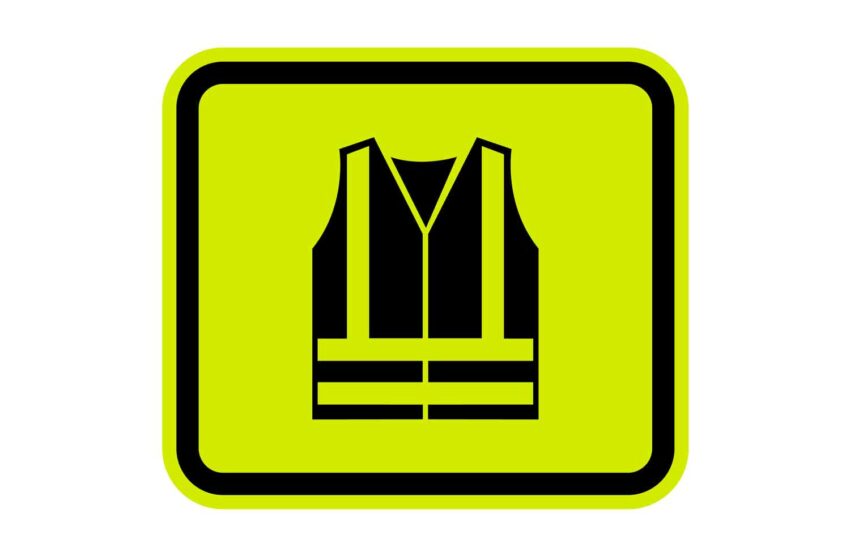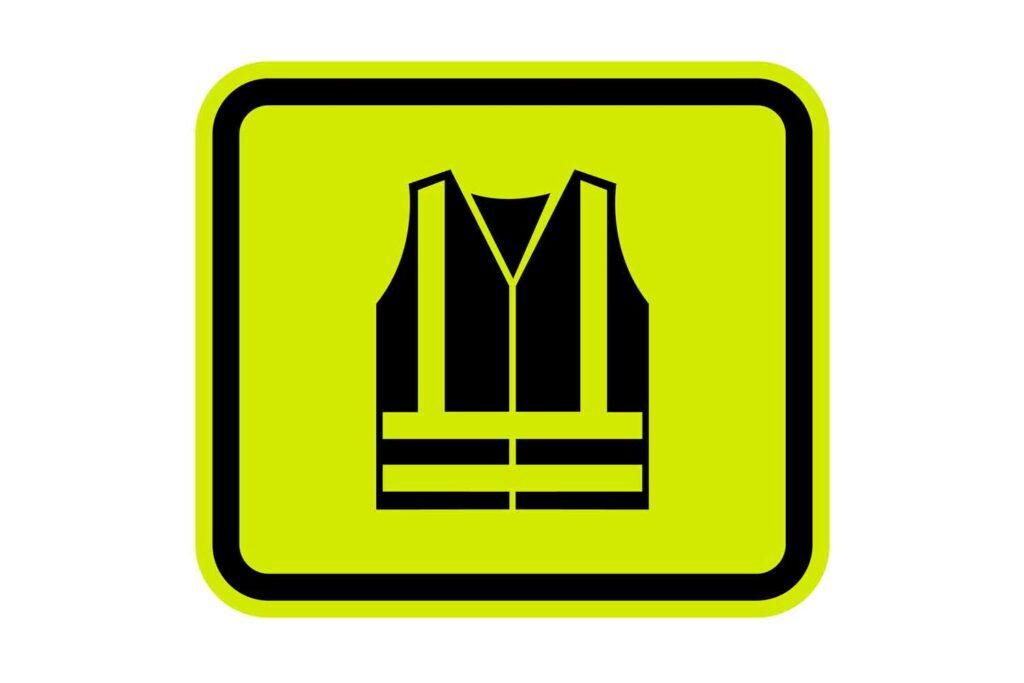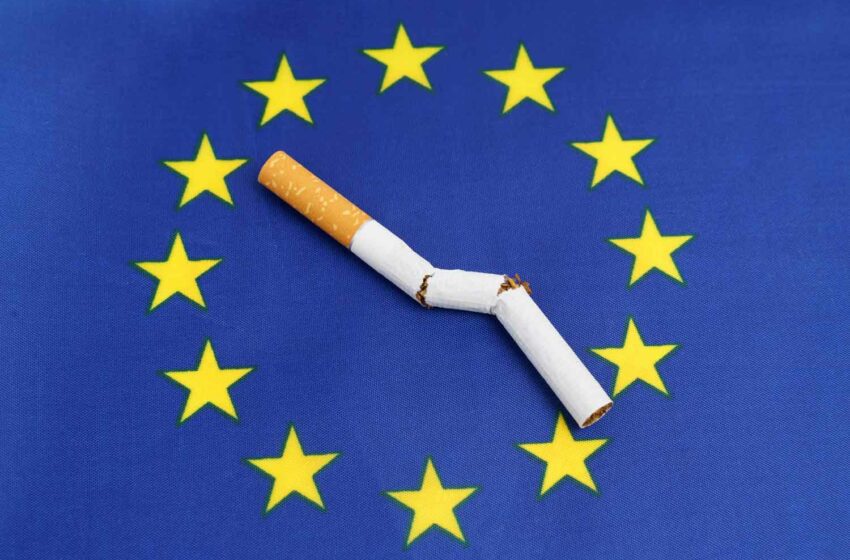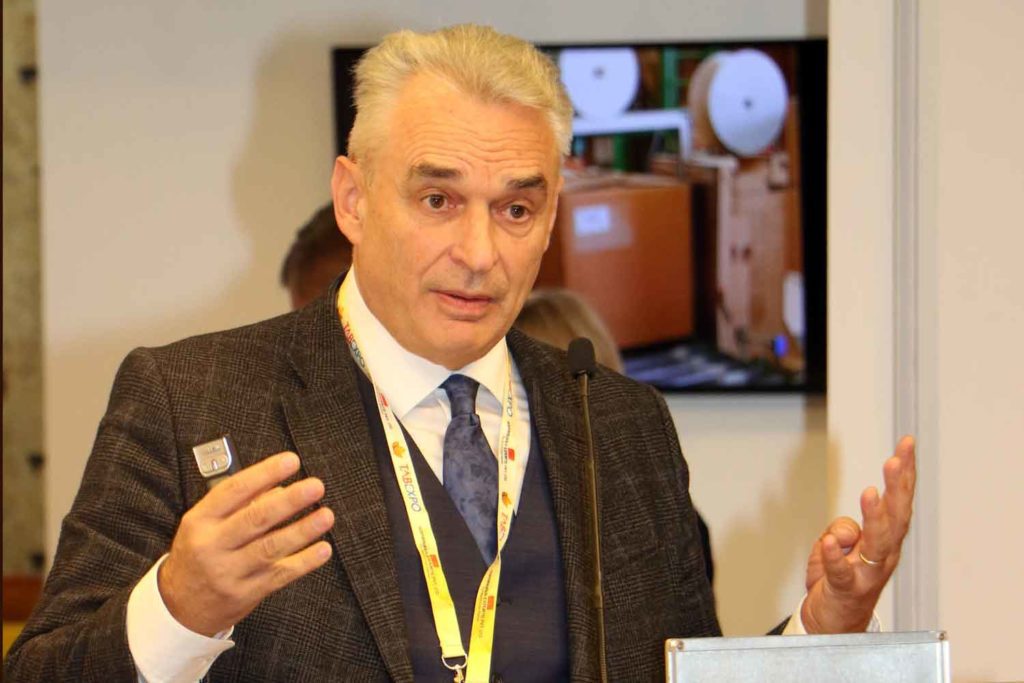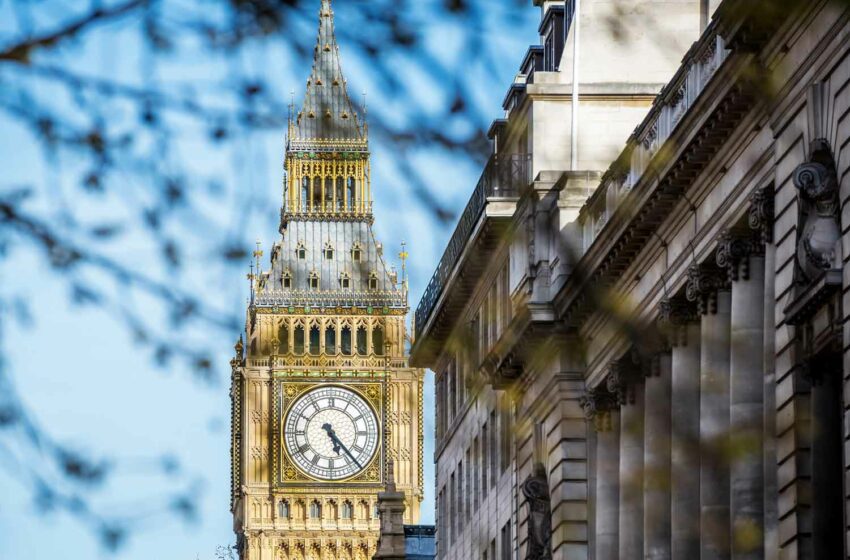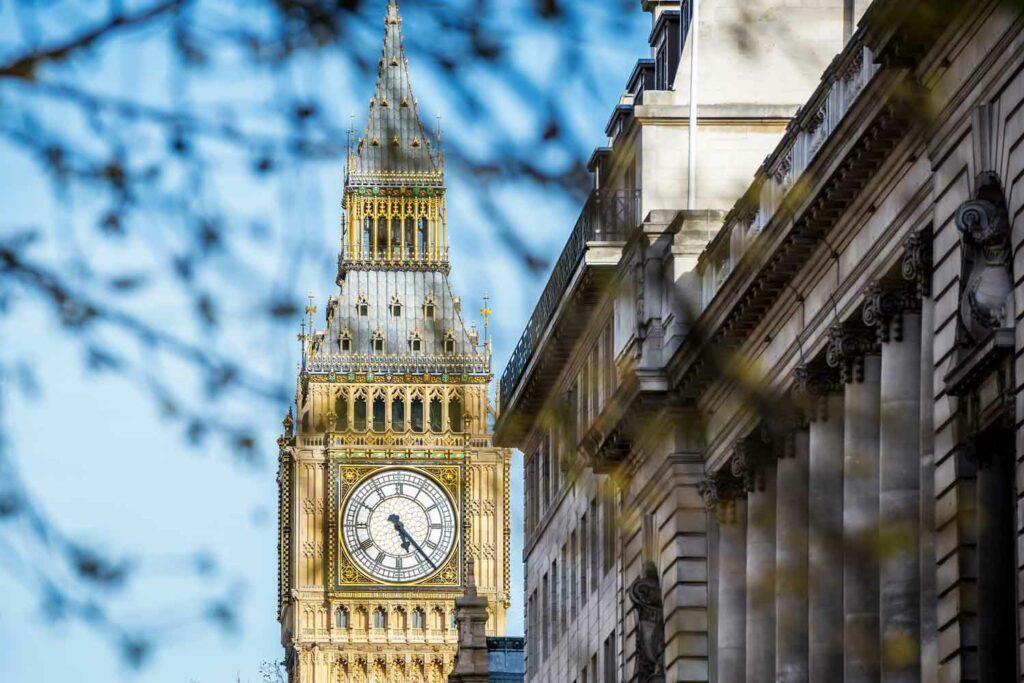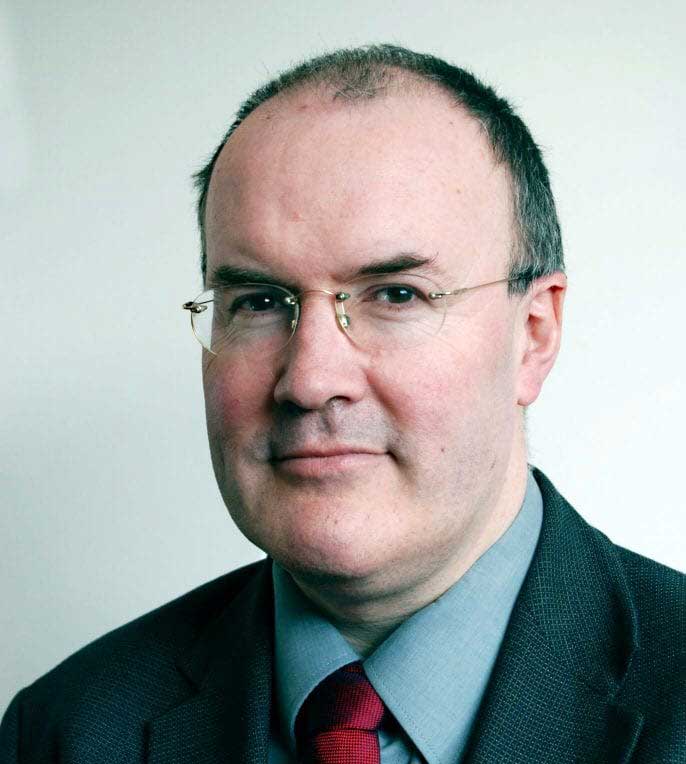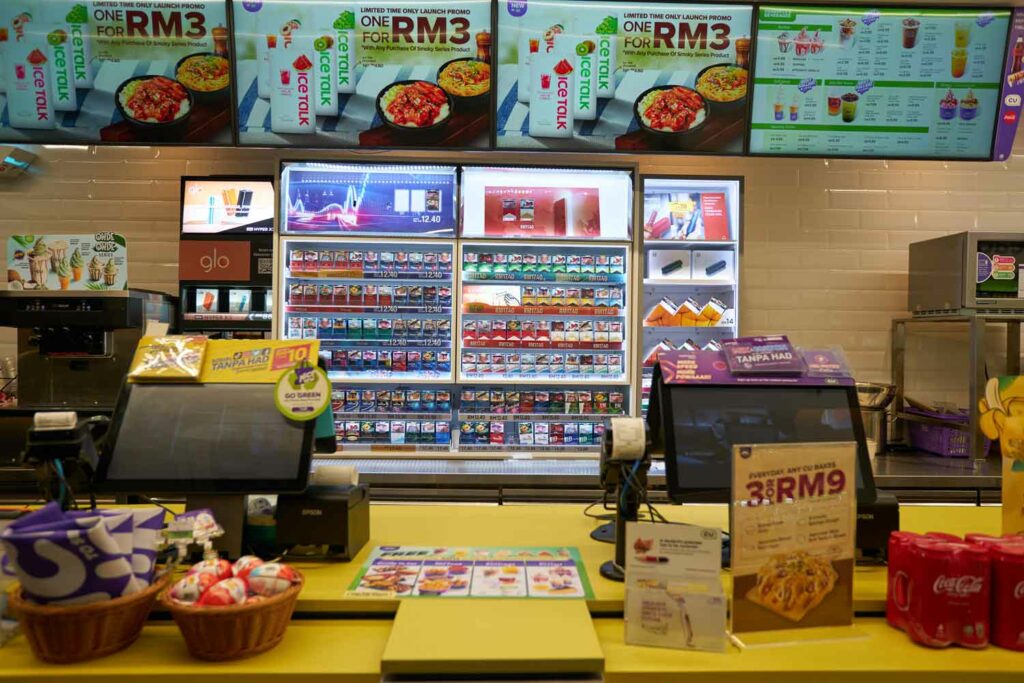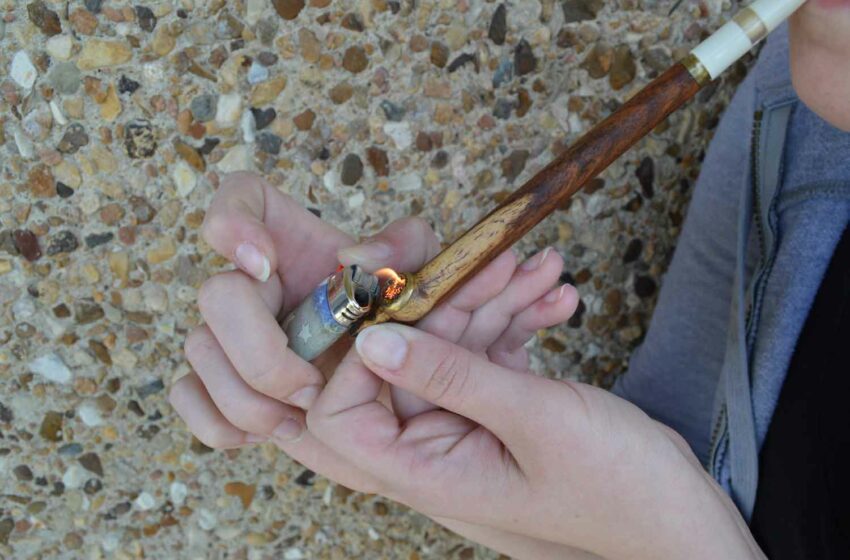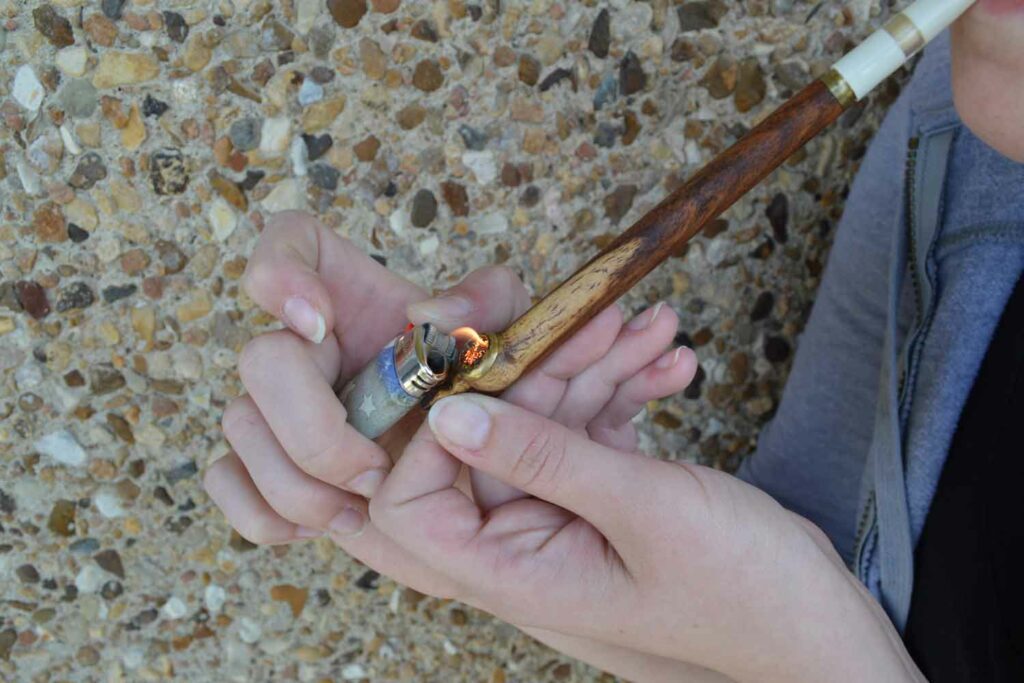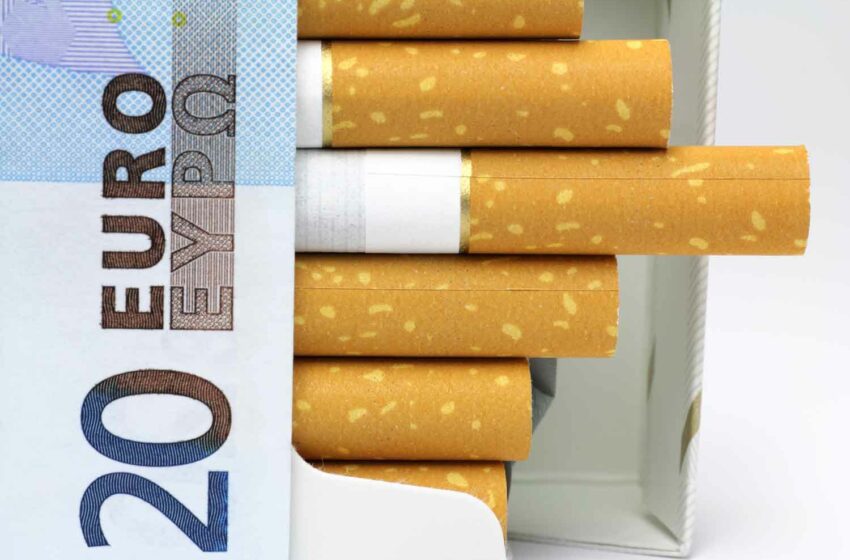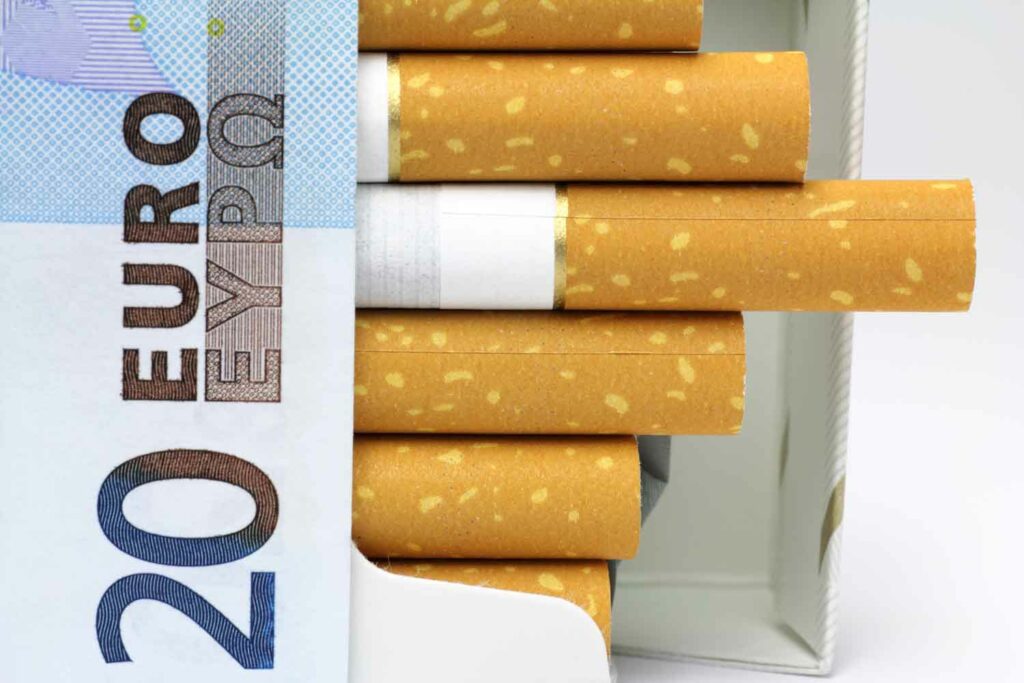Health activists in the Middle East are calling for strong smoking cessation policies and public education initiatives following a University of Sharjah study detailing the health problems associated with traditional Midwakh.
Midwakh comprises a smoking pipe of Arabian origin and a mixture of tobacco from Iran. It is prevalent in the Arabian Peninsula, which includes the United Arab Emirates (UAE), Oman, Qatar, Bahrain, Kuwait and Saudi Arabia.
The Iranian element is represented in an imported sifted loose tobacco mixture locally known as dokha or dizziness that contains bark herbs and aromatic leaves.
“Midwakh smoking is deeply ingrained in UAE tradition but poses significant adverse health outcomes and nicotine dependency,” the scientists write in their paper, which was published in the European Journal of Public Health.
Compared to shisha pipe smoking, another Middle Eastern traditional smoking practice, which has migrated to many western countries, Midwakh is more intense and stronger.
Basema Saddik, the study’s lead author, noted that while global smoking rates were declining, the Middle East faced unique challenges. “Population growth and a younger demographic in the Middle East are leading to sustained high numbers of smokers despite global declines in smoking prevalence,” he said in a statement.
“This is particularly critical for the UAE, where vaping, shisha, Midwakh and other alternative tobacco products are becoming increasingly popular among youth, potentially leading to significant health issues later.”
Although the results of the study are confined to data collected in the UAE, Saddik said the findings were bound to reverberate in countries where Midwakh is common among smoking populations.
“While the scope of this study is regional, its implications are significant and timely, especially as we continue to address nicotine dependence trends in this population.”
The research’s data collection included surveys featuring the “hooked on nicotine checklist,” clinical measurements and pre/post-smoking saliva samples. The scientists note that “Midwakh smoking adversely affects clinical measurements, with early start correlating with higher nicotine dependency, worsened by using multiple tobacco products.”
Saddik said the study’s findings showed that Midwakh users “often develop early signs of nicotine dependence and reported various clinical issues, including elevated carbon monoxide and cotinine levels, which are indicators of harmful tobacco exposure.”
The study reported that 33 percent of Midwakh smokers were under 21 years old, 68 percent had below undergraduate education and monthly household incomes over AED15,000 ($4,000). Smoking initiation was as early as 10 years old.
Smoking habits revealed 37 percent exclusive Midwakh use, 54 percent Midwakh with e-cigarettes, 21 percent with shisha and 34 percent with cigarettes. Post-smoking clinical measurements showed significant increases in blood pressure, heart, pulse and respiratory rates and carbon monoxide levels, according to the authors.
Saddik attributed the widespread use of Midwakh in Arabia and specifically in the UAE to smokers mistakenly believing that the herbs and aromatic leaves in the tobacco make it safer or less harmful than other cigarettes, leading to higher rates of initiation and dependence.
Research shows that a Midwakh smoking session, in terms of nicotine intake, can be the equivalent of smoking up to 10 cigarettes, with higher nicotine and tar levels. The diseases associated with Midwakh smoking are similar to those caused by cigarette smoking, including coronary artery disease, lung cancer and chronic obstructive pulmonary disease.
“Clinical assessments also revealed negative health indicators, including elevated carbon monoxide levels, which suggest that without intervention, a large portion of the UAE’s youth could face severe long-term health consequences,” said Saddik.
“Addressing these issues now with targeted prevention programs and regulations on alternative tobacco products is essential to change these projected outcomes.”
Saddik described the findings of the study as “a wake-up call” for policymakers in the UAE and other countries with Midwakh smokers to implement “strong smoking cessation policies and public education initiatives, particularly aimed at youth.”



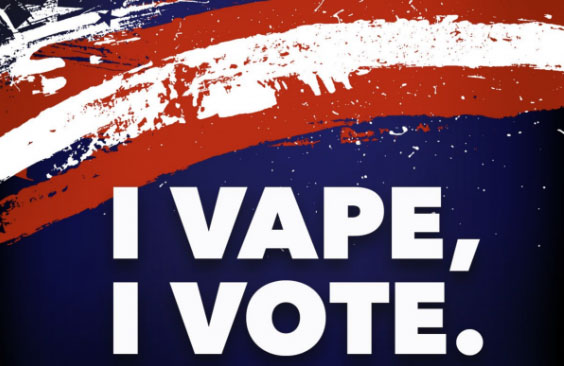
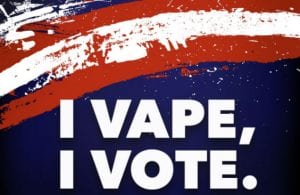 The Vapor Technology Association (VTA) celebrated the political currency and success of vaper voters in critical 2024 battleground election states and districts during the recent U.S. elections. According to the trade group, vaper voters helped secure electoral victories for Conservative candidates up and down the ballot.
The Vapor Technology Association (VTA) celebrated the political currency and success of vaper voters in critical 2024 battleground election states and districts during the recent U.S. elections. According to the trade group, vaper voters helped secure electoral victories for Conservative candidates up and down the ballot.